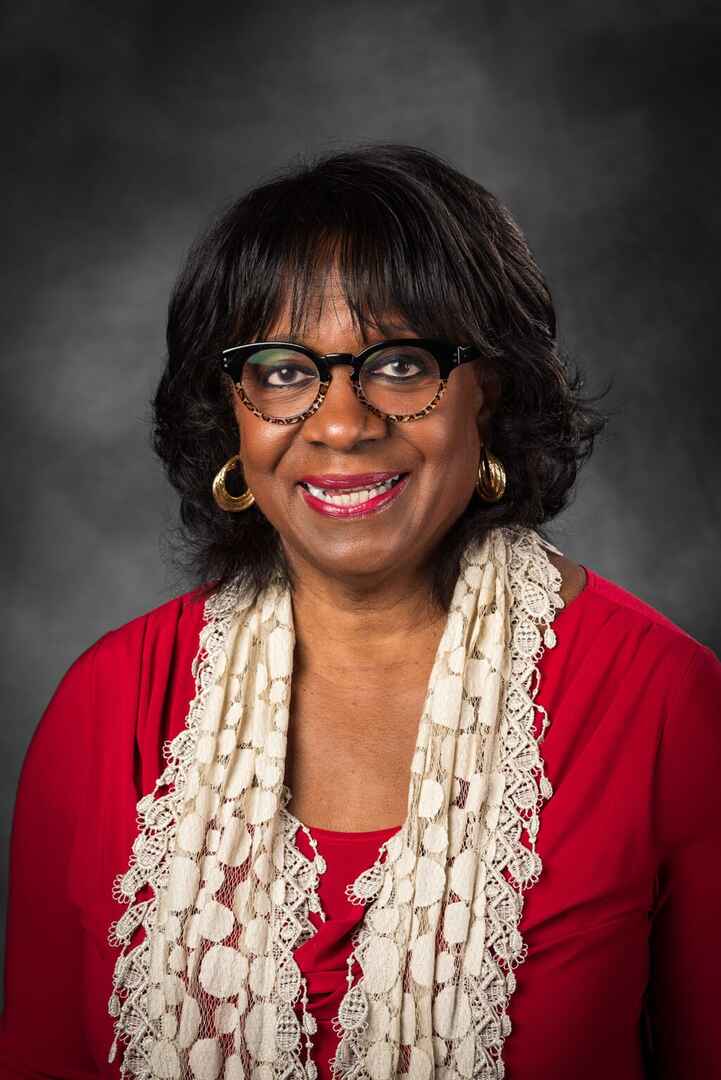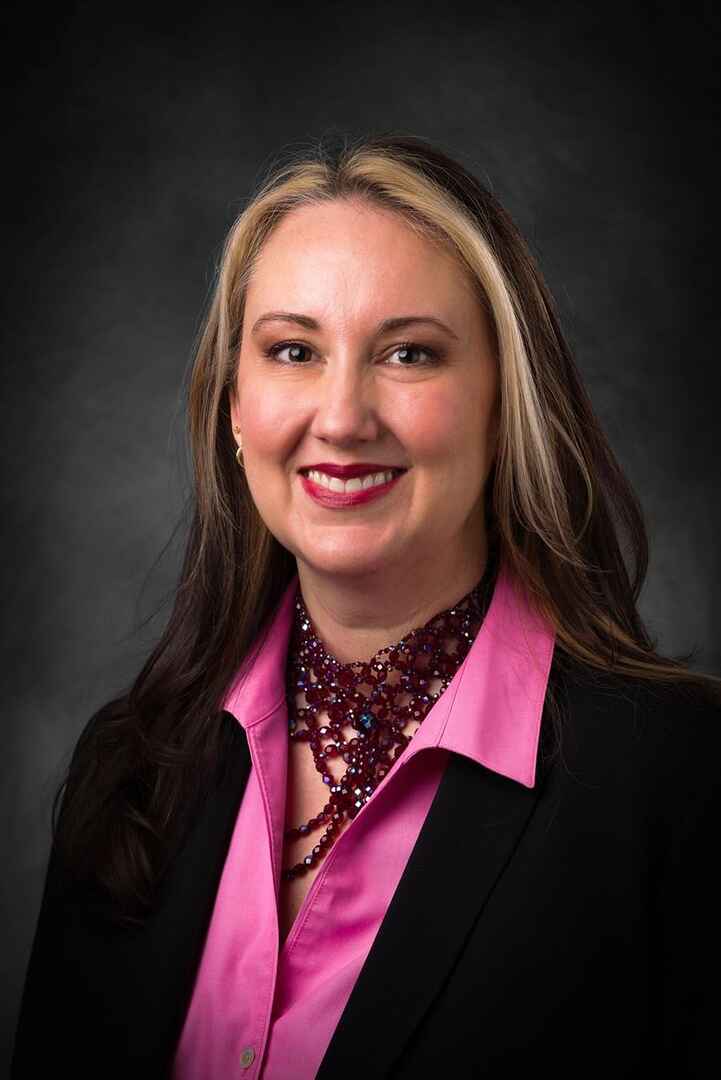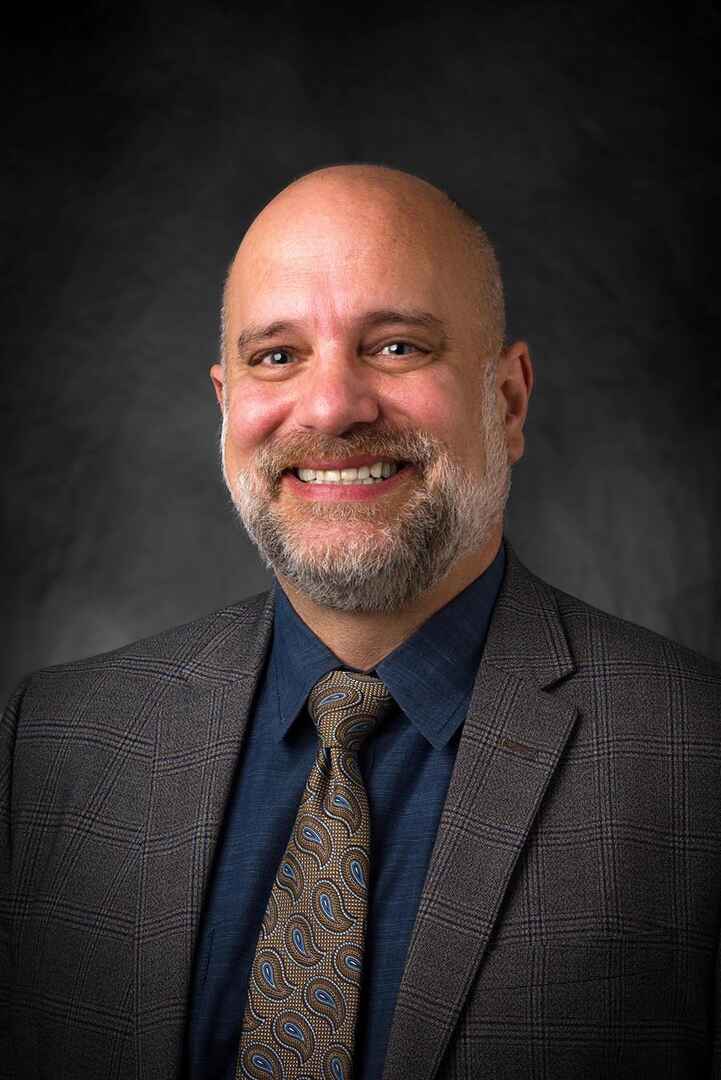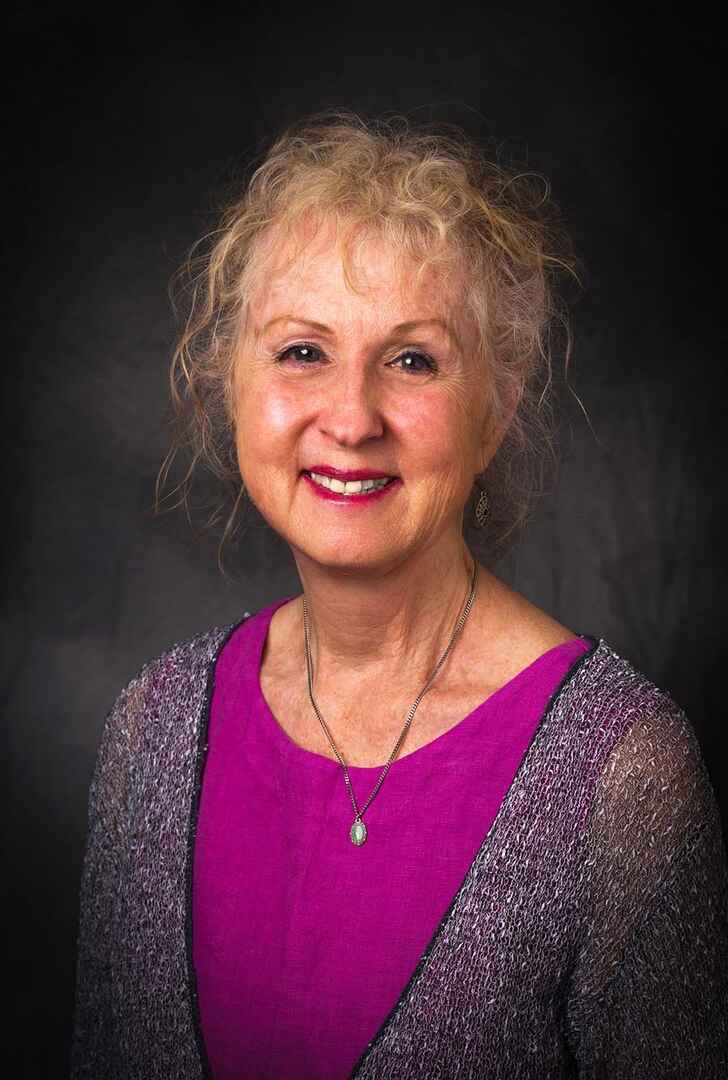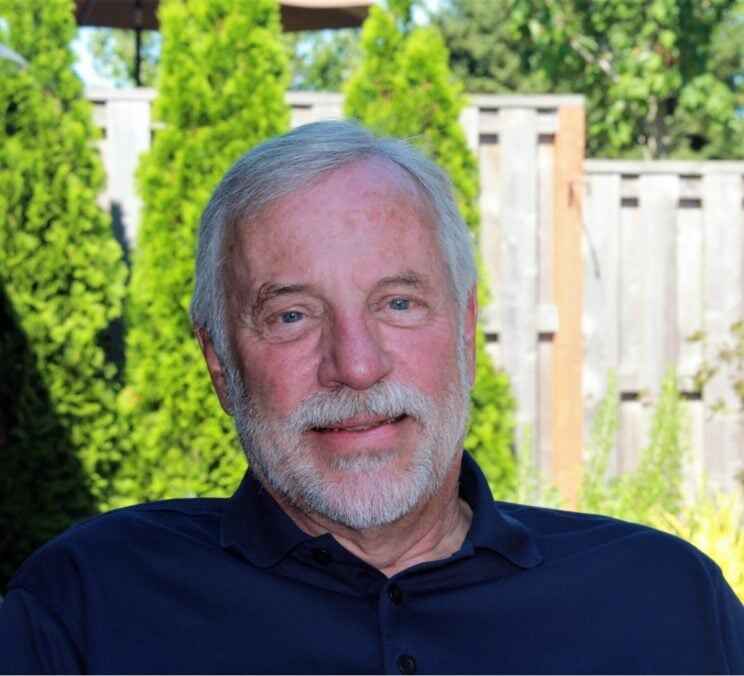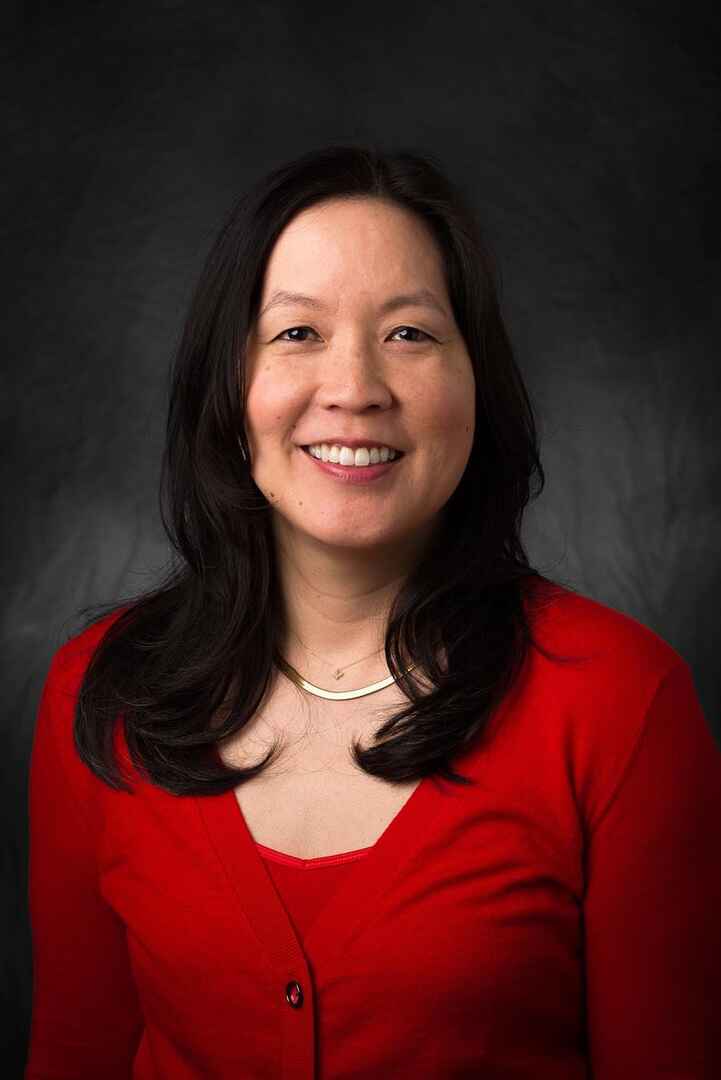About Volunteers of America of Oregon – Men’s Residential – Portland
Volunteers of America Oregon Men’s Residential Center (MRC) is a 54-bed residential facility for men who are struggling with substance use disorder and co-occurring conditions. It’s situated along NE Martin Luther King Jr Boulevard in the northeast section of Portland within Multnomah County, Oregon.
Concurrent outpatient mental health care is also available for clients seeking flexible therapeutic support to handle common mental issues. MRC offers men a structured and supportive space to build independent skills that support lasting sobriety in the real world via intensive residential care that lasts six months on average. Most residents are men who began using substances as early as age 10 and have spent much of their lives caught in cycles of crime. Referrals must come from Multnomah County and encompass men involved in the Multnomah County Department of Community Justice or the Federal Probation/Parole system.
MRC helps residents build a new life through intensive and skill-focused care alongside residential activities that promote personal growth and development. Clients benefit from the guidance of experienced counselors and staff who offer 24/7 support to help them navigate recovery.
These experts serve as role models, helping the men build meaningful relationships with one another. It’s like a communal setting where everyone looks out for each other. You’ll work with an onsite counselor to create a personalized care plan that guides your healing journey onsite.
You’ll graduate upon fulfilling your tailored care plan. The program adopts two phases. The initial phase involves structured activities focusing on skill-building and addressing behavioral patterns that contribute to substance dependence and criminal activity. This is achieved via therapy groups and individual counseling that promote emotional regulation, relapse prevention and anger management. This initial phase may last up to 17 weeks.
The second phase is an opportunity to practice your new skills through vocational engagement and various prosocial activities on and off-site. This may include participation in self-help groups to strengthen your support network alongside work therapy or volunteer opportunities to build confidence and responsibility.
You’ll also address housing and employment issues and reunite with your family as you prepare to rejoin the community. You can take advantage of the 12-bed transitional housing provided by MRC next door at the Sacramento Recovery House to save money.
You can live there rent-free for up to three months. This gives you ample opportunity to save money. That way, you can afford to transition into permanent housing directly. Clients continue their recovery through a six-month outpatient aftercare program following a successful transition back into the community. You can join their alumni program to stay connected, receive ongoing support and help others in their recovery journey.






